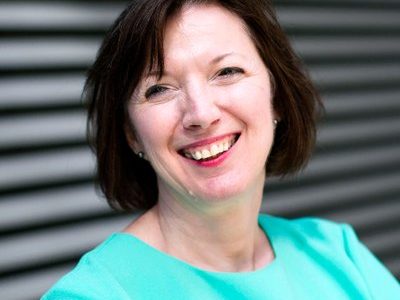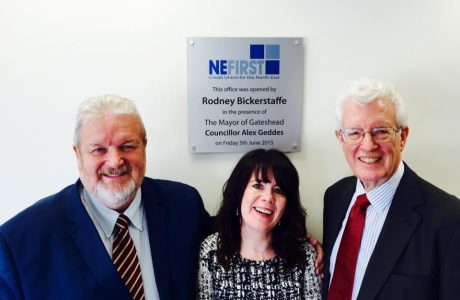You would get a phone call, ‘It’s Rodney’, said in that slightly self-mocking tone which suggested he wasn’t entirely happy with whoever had decided that would be his first name, but then straight into the issue we were engaged with. It didn’t matter if we hadn’t spoken for a few weeks, or months, the conversation would carry on where we had last left it.
Initially it would be apartheid, what was happening now, especially in the End Loans to South Africa campaign that I had helped to start. What could the unions do to support? Discussion usually about shareholder action, or the Boycott Barclays movement. Bick was horrified by racism, at home or abroad, and we stayed in touch when I started work for the Churches Commission for Racial Justice in the last 80s.
We shared notes on how institutional racism operated, in the workplace but also in the unions and the churches. Nowhere was sacred, and campaigners had to keep in touch to share experiences, to encourage and to enjoy some humour – never a conversation with Rodney without a few laughs. We found too many parallels between the churches and unions, both of whom claimed to have a higher set of values than their practices sometimes showed, and shared strategies of how to move things on.
Then after a visit to India at the end of the nineties, I became concerned about the issue of caste discrimination, ‘the ‘Hidden Apartheid’ as the Dalits call it, I went to Rodney to support the beginnings of the Dalit Solidarity Network (DSN), set up on a similar basis to the Anti-Apartheid Movement decades earlier. Rodney got the message very quickly, with his nose for discrimination and exploitation. He quickly became an active supporter and later a Patron of the DSN.
To demonstrate his solidarity he came out to the World Social Forum in Mumbai in January 2004, along with his friend and colleague one Jeremy Corbyn, who also became a great supporter of the DSN, and eventually its Chair. They were both delighted to meet the Dalit activists at that gathering, learned much from it, and put it to good use on their return, spreading the word of the Dalit struggle.
As others have said, Rodney was always ready with a supportive word, an encouraging idea, a list of contacts to move a campaign forward. I was privileged to meet with him several times in his last few weeks, even in hospital, and continue to share the progress of our work. I was therefore able to reassure him, I believe, that our common struggles would be taken forward, and that in all of those Rodney lives on.
Revd David Haslam



